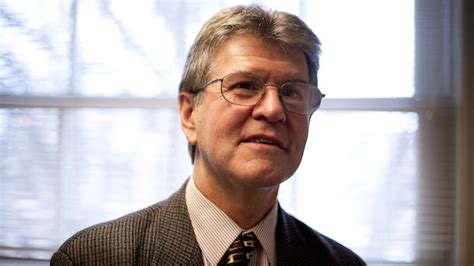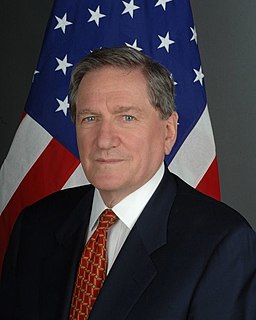A Quote by Edmund Phelps
The difficulties of many European countries derive from their corporatism: state projects serving cronies and vast social protection programmes, both run by elites. These surged in the 1970s and 1980s.
Related Quotes
I should mention there are many European countries right now that already protect children from Wi-Fi, so it's not like this is some preposterous idea. This is already embraced by many countries all around the world. I don't think it is preposterous to suggest that public health needs greater protection in this country, especially that of children, among whom there is a rising tide of brain cancer right now.
Today we are again witnessing the emergence of transnational elites ... [Whose] ties cut across national boundaries ...It is likely that before long the social elites of most of the more advanced countries will be highly internationalist or globalist in spirit and outlook ... The nation-state is gradually yielding its sovereignty... Further progress will require greater American sacrifices. More intensive efforts to shape a new world monetary structure will have to be undertaken, with some consequent risk to the present relatively favorable American position.
I began to realize that, in spite of great achievements in wealth and military prowess, the great powers of Europe have not yet succeeded in providing the greatest happiness of the vast majority of the people; and that the reformers in these European countries were working hard for a new social revolution.
Religion appears in so many contexts in WW1. Religion shaped the national identities and ambitions of several of the key players, especially Germany and Russia, both of which defined themselves as messianic nations. In both countries too, secular elites delved deeply into apocalyptic and prophetic ideas, giving their nations a millenarian bent.
Membership in the European Community, now the European Union, has enabled Ireland to re-find its sense of participation - cultural, political, social - at the European level. I think that also opens up possibilities for Ireland as a European country to look outward - to look particularly, for example, at countries to which a lot of Irish people emigrated, to our links - our human links - with the United States, with Canada, with Australia, with New Zealand. And to look also, because of our history, at our links to the developing countries.
During the 1960s, and again in the 1970s, growth in manufacturing productivity in the United Kingdom was the lowest of all the seven major industrial countries in the world. During the 1980s, our annual rate of growth of output per head in manufacturing has been the highest of all the seven major industrial countries.
So many of the new nations which were established as democracies after the second world war, during the decolonizing process, have now changed their system to state-socialism. Small elites run them, and they aren't sharing societies. They aren't even socialist. The power of the state has been merged with business property and you have the greatest concentration of power that's possible.
By assigning his political rights to the state the individual also delegates his social responsibilities to it: he asks the state to relieve him of the burden of caring for the poor precisely as he asks for protection against criminals. The difference between pauper and criminal disappears - both stand outside society.




































